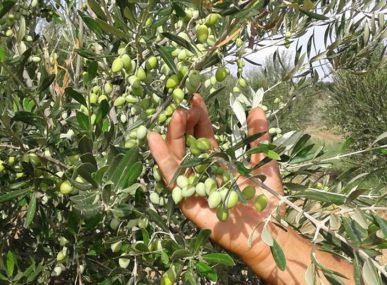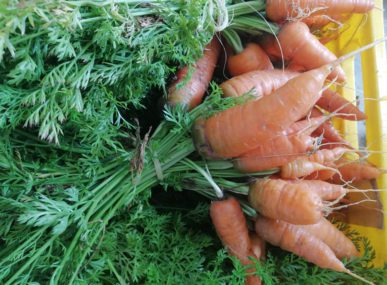When Chaabane left Tunisia at the age of 18, she might not have expected that one day she would start an e-commerce site for Tunisian natural and organic products. After finishing university, a successful career in finance took Chaabane from France to Russia, before she accepted a position back in her homeland in 2011.
As Chaabane worked away in her full-time business role, she found herself increasingly drawn to a more earth-bound passion. “I became very interested in organic agriculture,” said Chaabane, “so, in March 2018, I started Little Jenaina with a co-founder.” Organic products were starting to appear in supermarkets, but remained very much a niche sector.
Immediately, Little Jenaina cultivated a customer base amongst the most accessible demographics for sustainably produced food and cosmetics: health-conscious city-dwellers, often women, in their late thirties. Within two years, Little Jenaina has started turning profits; it even enjoyed a spike in sales under COVID-19 restrictions, as purchasers turned to online shopping.



